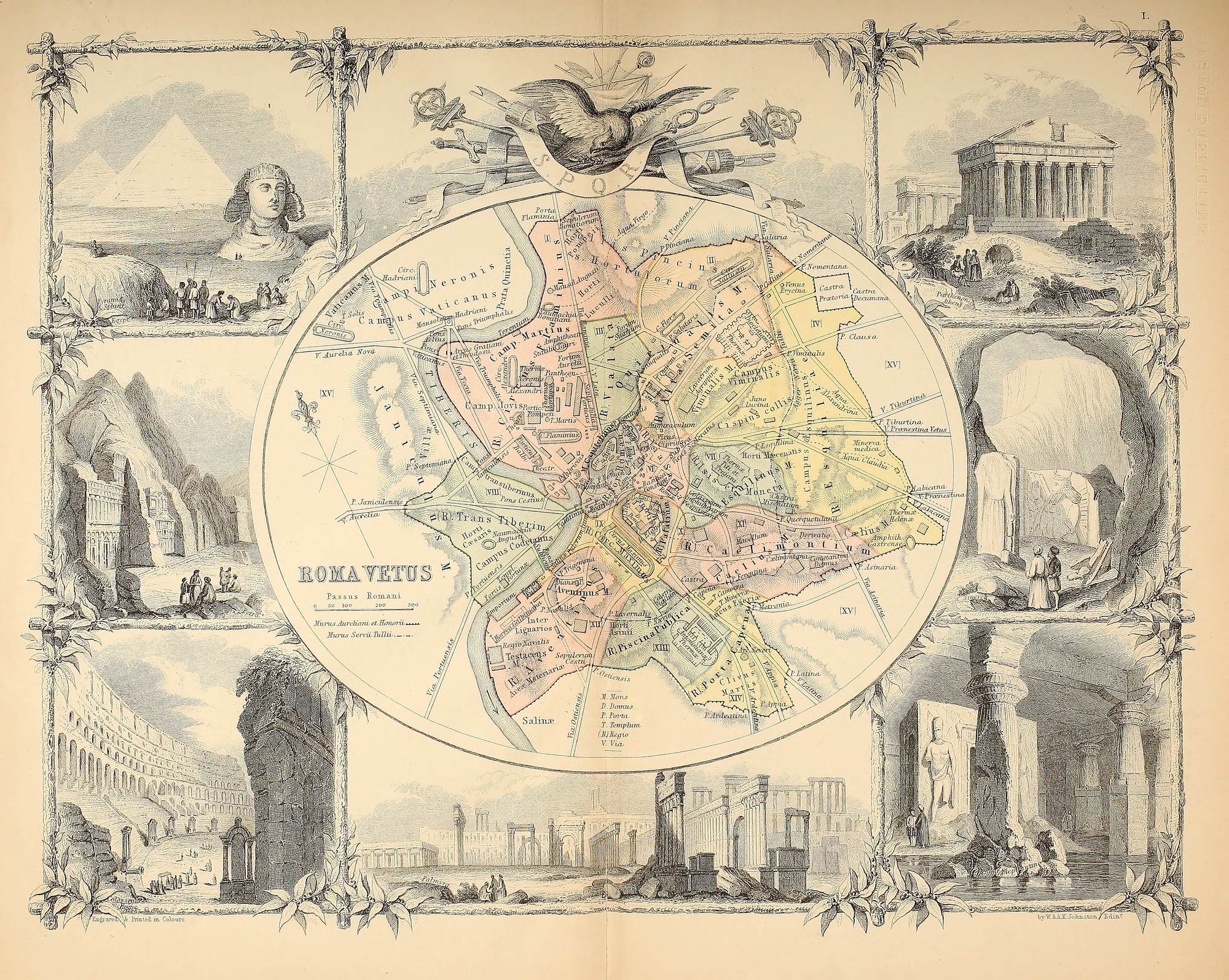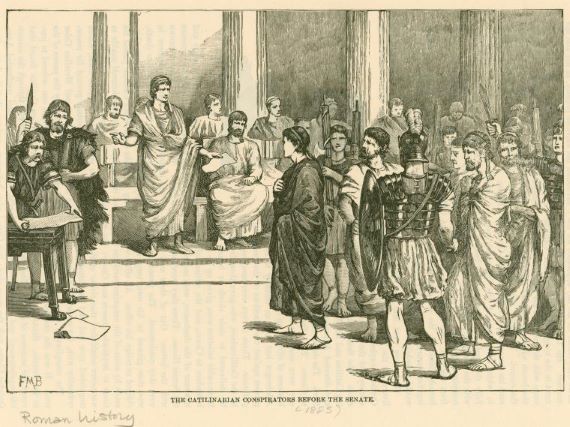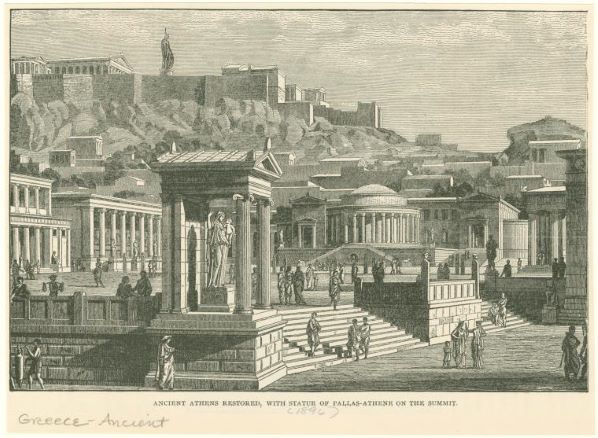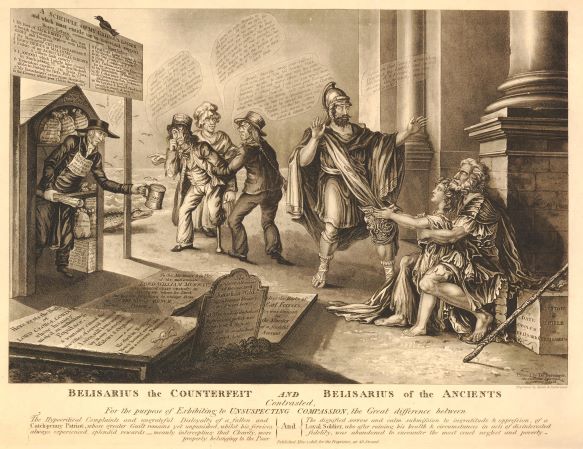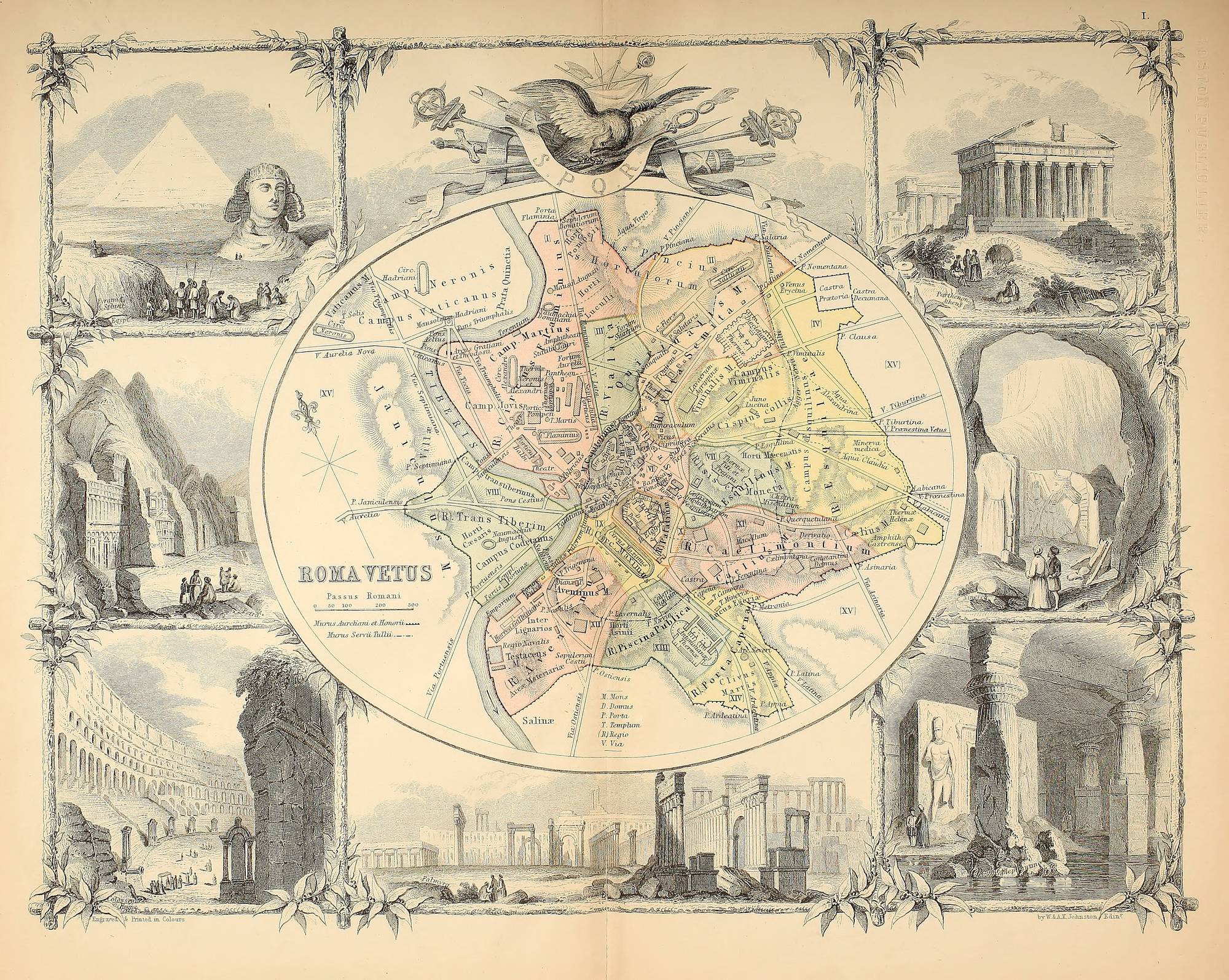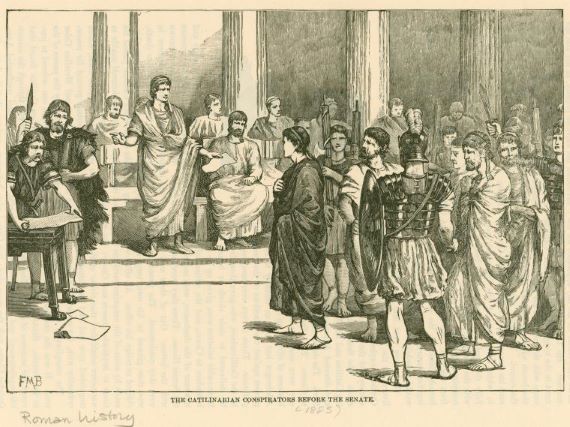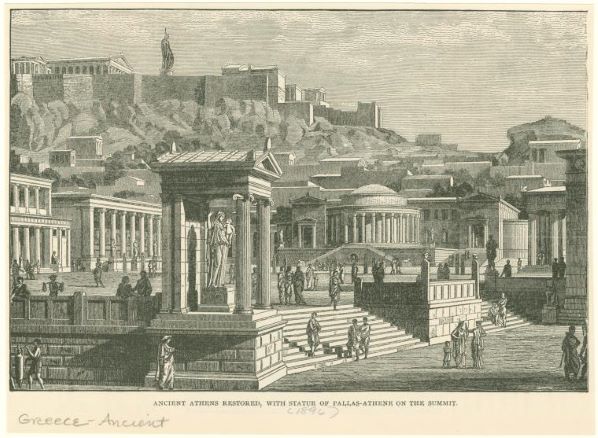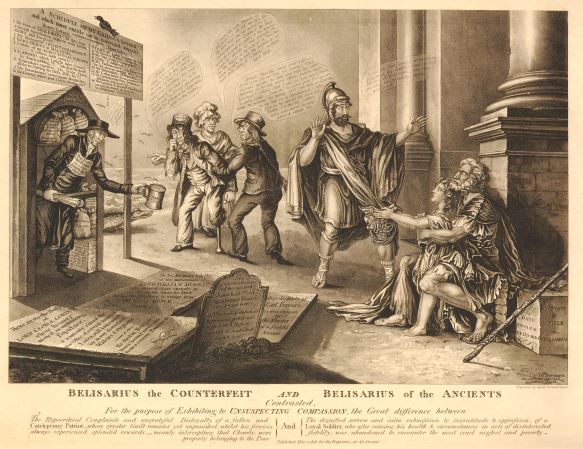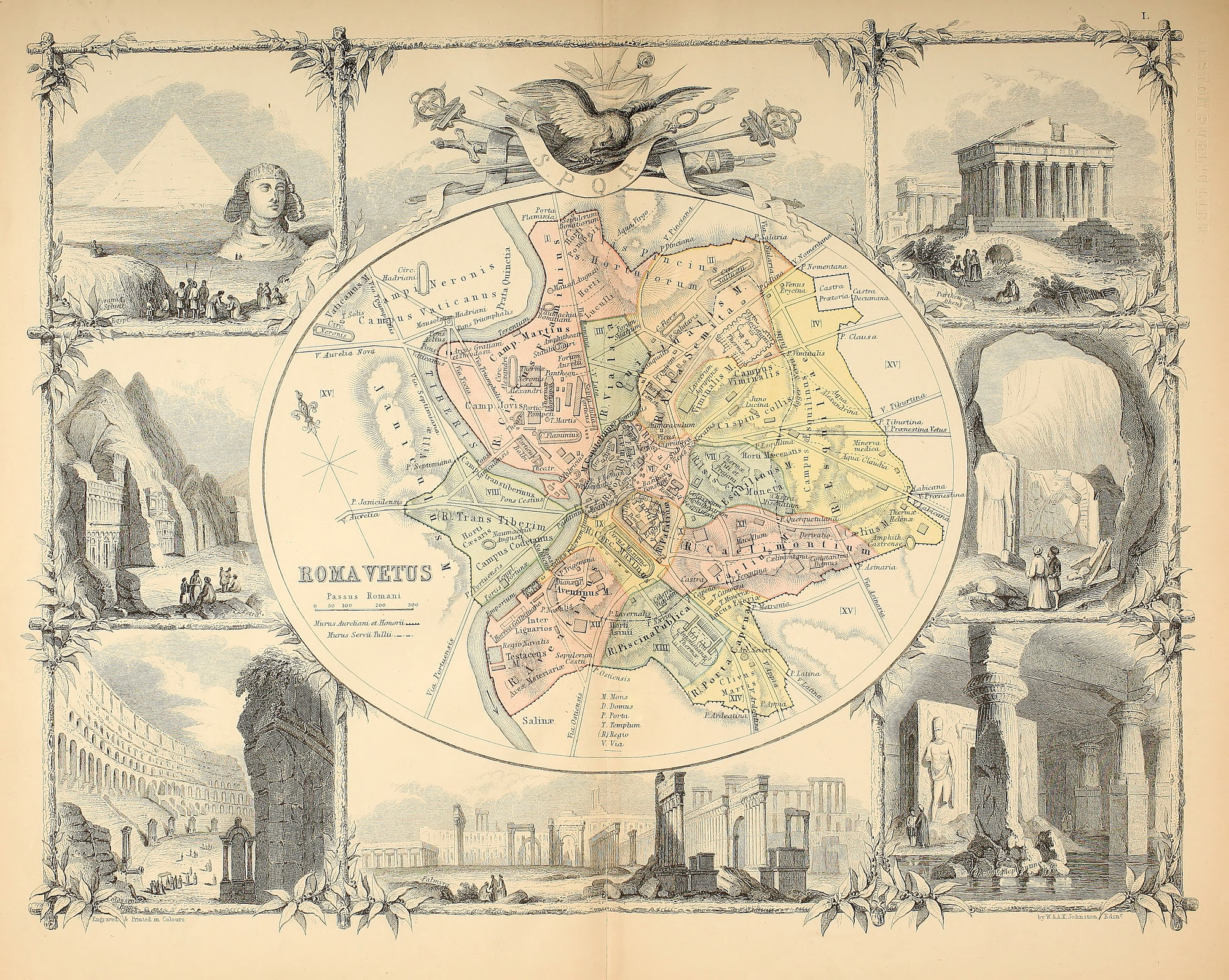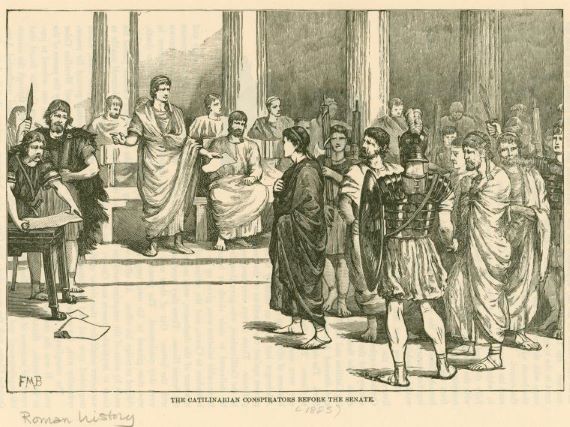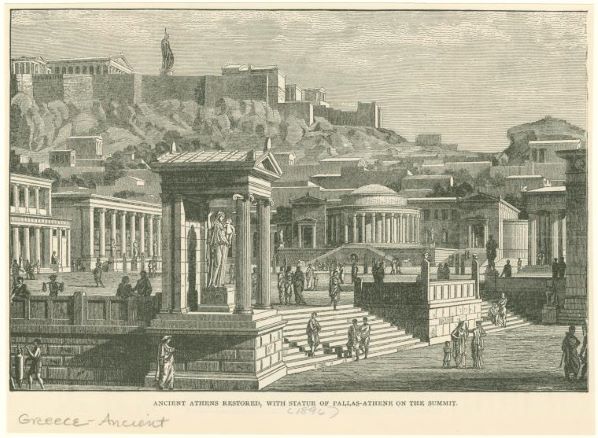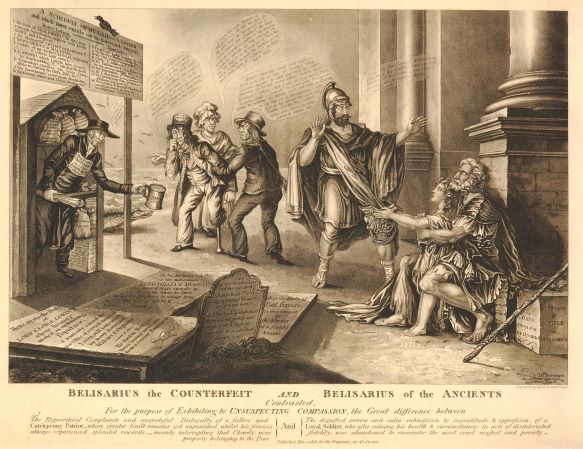Upon exiting the constitutional convention, on Monday, September 17, 1787,
Benjamin Franklin was allegedly asked by Elizabeth Willing Powel whether the meeting had yielded a republic or a monarchy, to which he famously replied, “A republic, if you can keep it.” If that response seems obvious given the nature of the government outlined in the
constitution and the options Powel presented to Franklin, it was also the one that most accorded with the predominant view of the framers of the constitution, who persistently distinguished a republic not only from a monarchy, but also from a democracy, and avoided as much as possible describing their ideal as democratic.
If there was ever a time when the debate about which of the two terms best characterizes the United States of America was theoretical and of interest only to political scientists or historians, that time is past. That debate is nowadays part and parcel of stark choices with potentially seismic consequences for American politics, having in recent years acquired new force, as disagreements over the continuing suitability of institutions such as the Electoral College or lifetime appointments to the Supreme Court have gained momentum. The differences between the popular vote and Electoral College counts in recent presidential elections have been predictably followed by calls for the abolition of the latter for its undemocratic nature, in turn followed by reminders that the United States is not a democracy, but a republic. Yet, as George Thomas has pointed out, that dichotomy is often disingenuous, as, whatever they may have envisioned when they referred to a republic, the framers meant to establish a government based on the principle of popular sovereignty, which is also a fundamental characteristic of democracy.[1]
But even after one has established a reasonably broad consensus regarding the Founders' agreement on popular sovereignty as their animating principle, serious questions surrounding these terms remain. In the most succinct and influential contrast of the founding era, in
Federalist 10,
James Madison defines a democracy as "a society consisting of a small number of citizens, who assemble and administer the government in person," and a republic as "a government in which the scheme of representation takes place." The subject matter of
Federalist 9 and 10, domestic faction and insurrection, accounts for
Alexander Hamilton's and Madison's respective focus on the ways in which a democracy, thus defined, differs from a republic. Madison identifies two principal differences: "first, the delegation of the government, in the latter, to a small number of citizens elected by the rest; secondly, the greater number of citizens, and greater sphere of country, over which the latter may be extended."
Even though Madison explicitly identifies the number of citizens involved in government and the extent of a state's territory, he is broadly animated by the mechanics of in-person administration of government, which Hamilton had already sketched out in
Federalist 1, namely the threat posed by those who mask their "dangerous ambition" behind the "specious mask of zeal for the rights of the people," and thereby pave the road towards despotism. Such politicians, he argues, "have begun their career, by paying an obsequious court to the people ... commencing demagogues, and ending tyrants." "Demagoguery" makes just one more appearance, in the final Federalist paper, but there are other clues in between to suggest that their authors were--like most people in the more than two millennia that separated them from ancient Athens--very worried about its potential effects on the people.
What was their worry? The Greek word δημοκρατία, the source of "democracy," signified rule by the
demos (δήμος), the body of Athenian citizens, in which a variety of participatory institutions and offices that ran the city on a day-to-day basis were ultimately subject to the sovereign assembly, the
ecclesia (ἐκκλησία), which made the final decisions on important matters. Surviving sources from the highpoint of Athenian democracy, the fifth century B.C., paint a perplexing picture, for, they make it clear that on the one hand Athens, especially in the period between the end of the Persian Wars and the beginning of the
Peloponnesian War, was the envy of the Mediterranean, but on the other hand it managed to lose that war and bring upon itself a tyranny imposed by its arch-enemy, Sparta, which put an end to its democratic institutions. How both of these things could be true at the same time is evident in
Thucydides' history, cited by Hamilton in
Federalist 6. That work, which was widely read and cited by the American framers, put on full display the allure and dangers inherent in conducting the most important political business through oratory. In one of its most famous episodes, the Funeral Oration delivered at the end of the first year of the war, Pericles touted Athens' openness to trade and ideas, as well as its principle of
isonomia (ἰσονομία)--equality before the laws--which every citizen enjoyed regardless of wealth or social status (Thuc., 2.37). Pericles' description of Athenian life sounds enticing, even to modern ears, which is unsurprising given that that speech was intended to bolster Athenian morale after a year of painful losses and hardship. As Thucydides points out not long thereafter, however, Pericles' death left a gap that was filled by individuals who were less competent and more self-interested.
"by his rank, ability, and known integrity, [Pericles] was enabled to exercise an independent control over the multitude--in short, to lead them instead of being led by them; for as he never sought power by improper means, he was never compelled to flatter them."
In their petty squabbles Pericles’ successors "ended by committing even the conduct of state affairs to the whims of the multitude" (Thuc., 2.65, trans. Crawley, rev. Strassler). For Thucydides, the lesson is clear: "This, as might have been expected in a great and sovereign state, produced a host of blunders, and amongst them the Sicilian expedition" (Thuc., 2.65). The public debate regarding that disastrous campaign was the most consequential and bizarre of several ill-advised decisions made by a multitude susceptible to misinformation, manipulation, distraction, and the mechanics of large assemblies, which are unpredictable.
Soon after Pericles defined Athens' government as a democracy because the city's "administration favors the many instead of the few" (Thuc., 2.37),
Plato's
Socrates conceded that the city of Athens was like a magnificent horse, but noted that it had fallen asleep and needed to be
awakened by a gadfly (Plato,
Apology, 30e). Taking on this role, Socrates spent his time challenging the notion that decisions by majorities have any merit other than appeasing most people, before famously declaring democracy the second-worst regime, better only than tyranny, in the
Republic (543a-569c). Among many reasons for this ranking, Plato cites the unchecked pursuit of the thing that democracy values the most, namely, freedom by a multitude of insufficiently educated individuals whose eyes are not on the common good, but rather on their interests as members of the lowest economic class. Despite his many disagreements with Plato's
Republic, when
Aristotle arrived at his own classification of constitutions he, too, placed democracy among the "bad" constitutions, that is, those that are driven by the pursuit of the interest of those who rule, rather than the common good.
Aristotle's solution to the problem came in the form of what he calls a "πολιτεία," which is sometimes translated as "constitutional government" (e.g., Barker). This constitution, which Aristotle considers the best
practicable one, results from a mix of oligarchic and democratic elements, that is, two bad constitutions whose mixture produces a good one, in which the many rule for the benefit of the whole. This constitution is often taken as the theoretical origin of "republican" government, in which a few citizens chosen out of the body of all eligible citizens rule for a defined period of time, before they are replaced by others of their peers. For Aristotle, this type of government has several merits, not the least of which is that it exposes one to both ruling and being ruled, thereby incentivizing rulers not to engage in excesses while in office. A further merit lies in this constitution's tempering of the rich and poor by fostering a middle class. These characteristics give some indication as to why Aristotle's basic sketch of a πολιτεία would have appealed to the
American Founders, who, however, would have also been well-aware of the fact that his model was not a straightforward fit for America. As Aristotle made clear, not all inhabitants of that city could or should be citizens (interestingly, in Athens, Aristotle himself was not a citizen, but a metic, i.e., a resident alien). Moreover, he argued that cities best be limited to a population in which citizens know one another personally and their territory be εὐσύνοπτος, i.e., such as can be taken in at one view, a condition that clearly did not apply to the expansive American states.
Although the victorious Spartans imposed a brief tyranny on Athens, its democratic institutions returned and survived for another century, before succumbing to Macedonian and, eventually, Roman might. Because, however, Athens' successes and failures during the fifth century overshadowed the rest of its history, and the most famous literary sources came from that period, Athens' final century of democracy went nearly unnoticed in the West.[2] In this truncated history, Athens' Golden Age must have seemed like a curious experiment that ended in disaster, confirming the widespread suspicion that the great mass of citizens were insufficiently educated and publicly-minded to be entrusted with the long-term common good of the polity. To those who had the luxury to think about constitutions in comparative terms, democracy evoked lawless mobs of uneducated poor people out to satisfy their immediate--and basest--needs. Warranted or not, this specter would dominate political theory and practice until the end of the nineteenth century, rendering democracy an unappealing prospect for the American Founders.
If this hasty sketch indicates why democracy was not a good option, the question is how did they settle on the term "republic?" In a letter to Henry Lee, written on May 8, 1825,
Thomas Jefferson explained that the purpose of the
Declaration of Independence was
not to find out new principles, or new arguments, never before thought of, not merely to say things which had never been said before; but to place before mankind the common sense of the subject; [. . .] terms so plain and firm, as to command their assent, and to justify ourselves in the independant stand we [. . .] compelled to take. neither aiming at originality of principle or sentiment, nor yet copied from any particular and previous writing, it was intended to be an expression of the american mind, and to give to that expression the proper tone and spirit called for by the occasion. all it’s authority rests then on the harmonising sentiments of the day, whether expressed, in conversns in letters, printed essays or in the elementary books of public right, as Aristotle, Cicero, Locke, Sidney Etc.[3]
Jefferson's bibliography at the end of this passage is an excellent summary of the rest of the story. Aristotle's description of his πολιτεία as the constitution in which the many rule and are ruled in turn, all with a view to the common good, interestingly means "constitution," as in the arrangement of the institutions of a polity, or simply "state," but it is also the word that Plato had used as the title of his work on justice, which has come to be known as "
Republic." Despite the many disagreements between their respective visions of the good polity, Aristotle and Plato converged on the importance of the common good.
Marcus Tullius Cicero, a self-described follower of Plato, wrote his own dialogue on justice in imitation of Plato's
Πολιτεία, which he titled
De re publica, a term that literally refers to the public or common matter but was used broadly to refer to the state, a community, public affairs, or public life. As Cicero began to defend the form of government that had expelled and replaced the kings of Rome, and juxtaposed it to the tyrannical aspirations of Gaius Julius Caesar (Caesar), the term
res publica began to morph into what we might nowadays call a commonwealth.[4] At its best, Rome between the expulsion of the kings and Caesar's seizure of power exemplified a constitution in which individuals spread across a large territory were elected into public office, citizens had some say in the government, and there were institutional checks that could (and often did) curb individual or factional interests. In that same period, Roman citizenship coupled with the status of a free person rendered an individual not only the subject of rights, but also made him a part of the Roman people.[5] That period produced several examples that served as models for the American Founders.[6]
Cicero's
De re publica does not survive in its entirety. Some of its fragments are known to us only because St. Augustine of Hippo mentions them in his
City of God Against the Pagans, to argue that the so-called "Roman Republic" was never truly what it claimed, because it, too, was characterized by socio-economic conflict that overshadowed the common good. Adopting
Gaius Sallustius Crispus’s (Sallust) theory that it was the threat of Carthage that kept Rome united and its destruction, in 146 BC, that initiated Rome's decline towards civil war, Augustine invokes Cicero's authority in
De re publica to buttress his claim that the Roman "res publica" never existed, because "true justice was never in it" (
City of God, 2.21). Absent justice, Augustine argues, aggregations of individuals are "merely multitudes, unworthy of the name people," adding that as an affair of the people, a republic is united by consensus regarding right (
City of God, 19.21).
Whether a Roman "republic" existed or not, Caesar's career marked a dramatic shift in Roman politics. It was only after centuries' worth of emperors that Renaissance thinkers could more clearly begin to use the term "republic" to describe the Rome that began with one Brutus (Lucius Junius Brutus who helped expel the kings) and ended with another (Marcus Junius Brutus who tried to forestall monarchy, in vain, by helping assassinate Caesar). Italian thinkers in particular, in city-states experimenting with popular government by turns, would thus refer to "republics" in contrast to monarchies (or principalities). Even these, however, did not use the term "republic" consistently or view Athenian democracy favorably. In his
Dialogue on the Government of Florence, for instance, Francesco Guicciardini refers to the Athenians' "
republica," but proclaims its citizens "licentious and insolent" (Proemium).
Niccolò Machiavelli, too, thought that Solon's exclusive focus on making Athens a "popular state," and the Athenians' subsequent failure to mix their constitutions with the powers of the principality and of the aristocracy caused Athens to live but a short time compared to Sparta (
Discourses, 1.2.6). Still, theirs was neither the only, nor the predominant use of the term "republic," as it continued to be used by proponents of kingship or aristocracy to denote states aimed at the common good. For every Machiavelli and Guicciardini there was a Jean Bodin, whose
De Republica was anything but a "republican" treatise.
Bodin's
Republica inspired
Robert Filmer's
Patriarcha, which in turn became the target of Jefferson's next two authors,
John Locke and
Algernon Sidney. Filmer criticized Rome between the kings and emperors as unstable and confused; if the city of Rome was democratic, its rule over the provinces was not, and Rome's 480 years paled in comparison to the Assyrian monarchy's twelve centuries and the Roman
Empire's 1495 (§ 11). Although Locke had very little to say about democracy in his
Two Treatises of Government, Sidney considered it non-existent in fact and undesirable in theory. Both favored a mixed constitution, in which the legislative and executive powers were distinct, which they largely presented in sharp contrast to the
absolute monarchy defended by Filmer. It is worth noting that the key term in this contrast is "absolute," since these and other proponents of mixed government were not opposed to mixed monarchy.
This small sample of some of the many uses of the term "republic" indicates that the term was used for a number of very different purposes. To early modern readers who knew Latin, the term first and foremost would have meant a commonwealth. The increasing contrast of republic to absolute monarchy, however, moved the term closer to what Aristotle had designated a "πολιτεία." Both dimensions of the term thus understood would have appealed to the American Founders as they looked for a constitution whose foundation and sovereignty lay in the people and which was aimed at the common good of a large nation spread over an expansive territory. Far less contentious was the view that democracy meant license, disorder, and confusion.
The Founders' attention to the need for checks and balances suggests a further reason for distrusting democracy: its potential to devolve into a tyranny of the majority. At a time when natural rights were proclaimed self-evident, pure democracy posed a serious danger for the freedom of individuals who happened to find themselves in religious, ethnic, and other minorities. Animated by the same concern,
Alexis de Tocqueville would describe the fruit of their labors as a "democratic republic," in which both formal and informal institutions, as well as the citizens' morals, helped maintain the people sovereign while keeping the potential excesses of democracy that so many had feared for centuries in check.
As he was finishing Democracy in America, Tocqueville proclaimed equality inevitable. He appears to have been right: democracy, the form of government that favors equality, has now become the gold standard of constitutions, to such an extent that even patently anti-democratic regimes lay claim to its rhetorical magic. Perhaps with some help from Tocqueville, "democracy" has now replaced "republic" as the (approving) term of choice to describe the United States and constitutions inspired by the American one. It is worth remembering, however, that just as Athenian democracy died out, so too the Roman republic gave way to absolute monarchy. Tocqueville closed his work by warning that it depends on democratic nations "whether equality leads them to servitude or freedom, to enlightenment or barbarism, to prosperity or misery" (Democracy in America, 2.4.8, trans. Mansfield & Winthrop). To the extent that "democracy" is the new way to describe the principle of popular sovereignty that animates the best kinds of republics, the change in terminology is innocuous. It is perhaps a cause for concern, however, that in contemporary democracy, which is still relatively young, the common good is increasingly slipping out of the picture.
Endnotes
[1] "'America Is a Republic, Not a Democracy' Is a Dangerous—And Wrong—Argument," The Atlantic, The Battle for the Constitution.
[2] With the exception of Demosthenes, whose speeches were well-known.
[3] https://founders.archives.gov/documents/Jefferson/98-01-02-5212, accessed October 15, 2024.
[4] See, e.g., On Duties, 2.3-4, 2.45, 3.4.
[5] See Adolph Berger, Encyclopedic Dictionary of Roman Law (Clark, NJ: The Lawbook Exchange, 1980), s.v. "Civis Romanus," "Civitas Romana."
[6] Among the Founders' favorites were Cincinnatus and Cato. See Carl J. Richard, The Founders and the Classics (Cambridge, MA: Harvard University Press, 1994), esp. Ch. 3.
